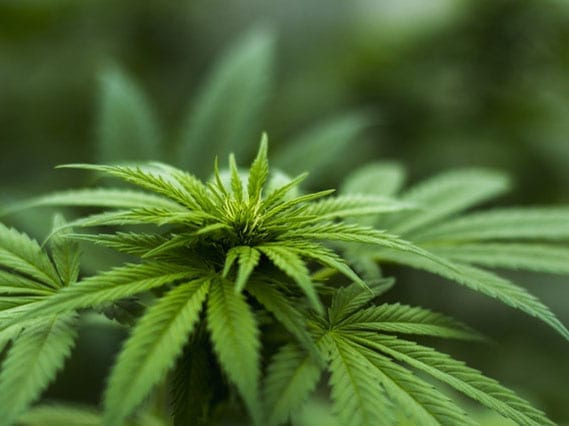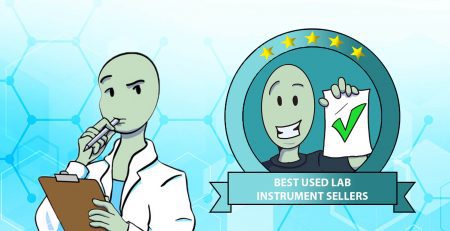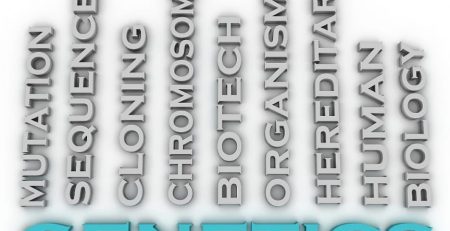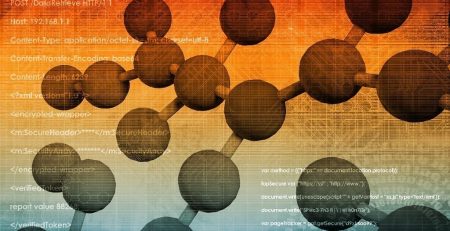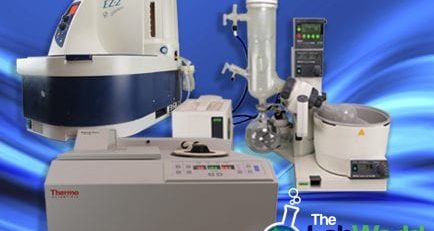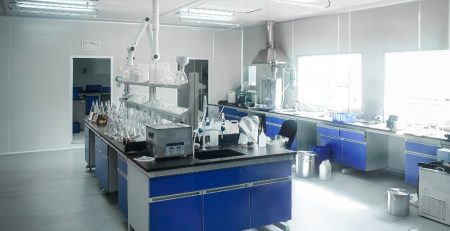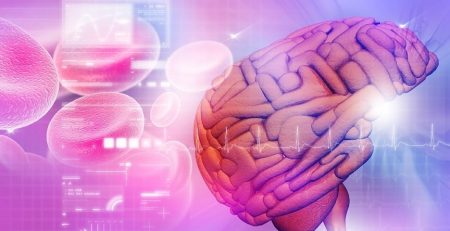Scientists Develop High-Quality Cannabinoids without the Cannabis Plant
A team of synthetic biologists from UC Berkeley have developed new brewer’s yeast that is capable of producing marijuana’s main ingredients, THC and CBD, as well as other cannabinoids not found in the plant itself. Not only that, because the yeast feed only on sugar, producing cannabinoids in this fashion is both cheaper and easier than traditional extraction methods.
“For the consumer, the benefits are high-quality, low-cost CBD and THC: you get exactly what you want from yeast,” UC Berkeley professor Jay Keasling said in a statement. “It is a safer, more environmentally friendly way to produce cannabinoids.”
According to a 2017 article published in Science Daily, growing marijuana can be very harmful to the environment. Outdoor farms can cause water pollution, while indoor growing situations utilize a great deal of energy due to the artificial light and ventilation systems they require. This yeast doesn’t require any of that.
THC is currently approved by the US Food and Drug Administration (FDA) “to treat nausea experienced by patients undergoing chemotherapy and to increase the appetite of those suffering from AIDS” according to IFLScience.com. The same article also states CBD has been approved to treat epileptic seizures in children. Keasling believes that there are even more potential therapeutic opportunities with the novel cannabinoids that are also developed by this process.
“When you read about cases of patients who have seizures and are helped by CBD, especially children, you realize there is some value in these molecules, and that producing cannabinoids in yeast could really be great,” Keasling said.
Read the full published study in Nature.




